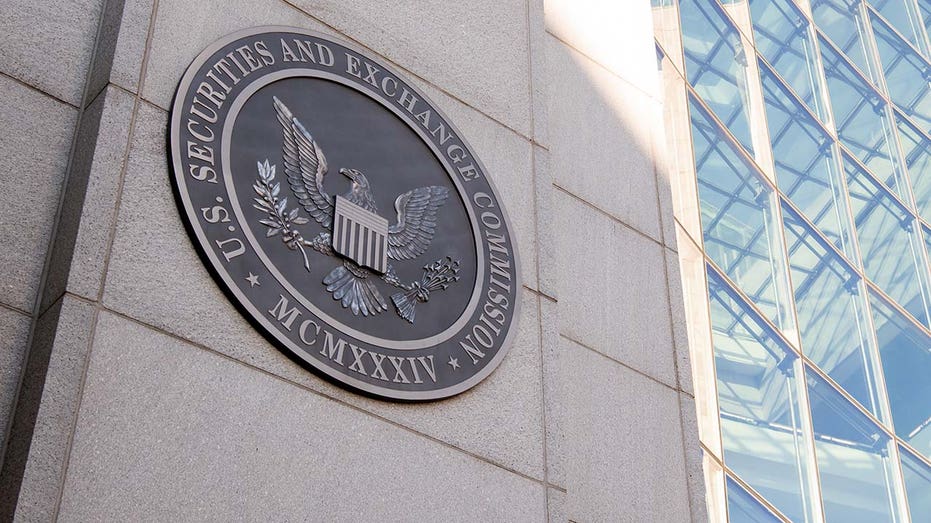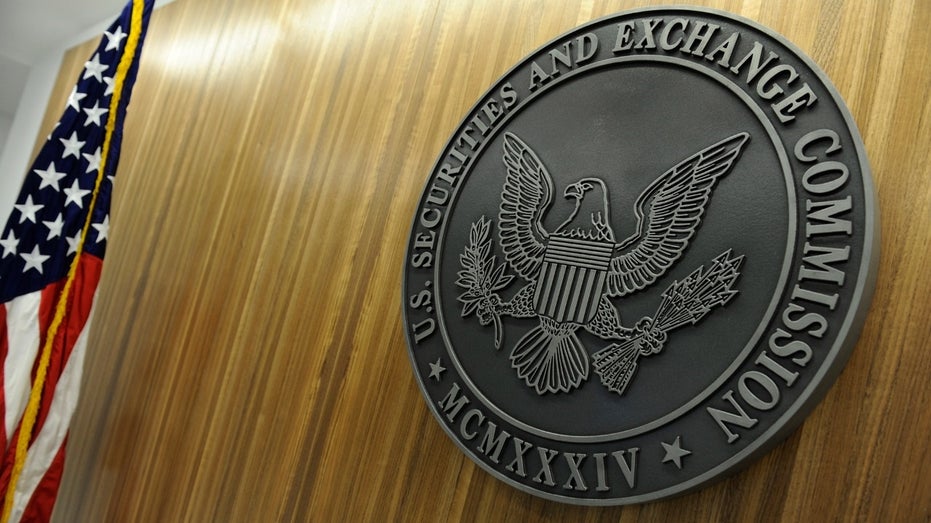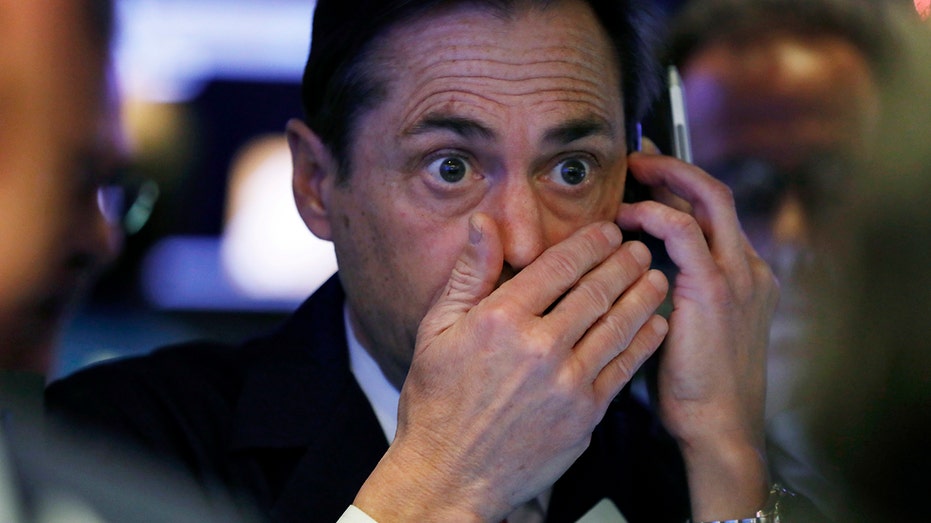New SEC rules target corporate insider trading
Loopholes will close for executives selling company stock
Charles Payne calls out insider trading: Americans are being underserved
FOX Business host Charles Payne vows not to interview any lawmakers who refuse to discuss insider trading on 'Making Money.'
For the last two decades, officers and directors at U.S. public companies seeking to trade illicitly on inside information had an almost infallible get-out-of-jail-free card.
All they had to do was use prearranged trading plans when they bought and sold their companies’ shares. The odds the government would target them for enforcement actions were slim. It was an unintended consequence of a regulation adopted in 2000 called Rule 10b5-1 that academic research shows was abused by some executives.
That regime is about to change. A new Securities and Exchange Commission rule promises to remove many of the loopholes that allowed corporate insiders to hide behind these trading plans. For most U.S.-listed companies, new disclosure requirements will kick in April 1.

The headquarters of the US Securities and Exchange Commission (SEC) is seen in Washington, DC, January 28, 2021. (Photo by SAUL LOEB / AFP) (Photo by SAUL LOEB/AFP via Getty Images) ((Photo by SAUL LOEB/AFP via Getty Images) / Getty Images)
Among the highlights: Officers and directors will have to wait at least 90 days after starting or modifying a 10b5-1 plan before they can trade under the arrangement. The forms used to report their trades will include mandatory checkbox disclosures showing whether they were using such a plan, as well as the plan’s adoption date. The companies, too, will have to disclose the substance of 10b5-1 plans in their quarterly and annual reports.
WHEN EXECUTIVES STOP SELLING STOCK, A BIG DEAL MIGHT BE AHEAD
"Before the change occurred, you could have an executive utilize a $100 million 10b5-1 plan, and there would be no trace in public disclosures that they were utilizing such a plan," said Daniel Taylor, an accounting professor at the University of Pennsylvania and the co-author of a 2021 study on 10b5-1 abuses that was cited in the SEC’s final rule.
Some insiders were selling shares less than a month after adopting their plans, sometimes even the same day, or adopting and initiating trading plans right before earnings announcements. Another trick has been to adopt multiple 10b5-1 plans and later selectively cancel the ones that wouldn’t work to the insider’s benefit. Potential abuses of 10b5-1 plans were the subject of a Wall Street Journal article in June that was cited in the SEC’s final rule.

The seal of the U.S. Securities and Exchange Commission hangs on the wall at SEC headquarters (Reuters/Jonathan Ernst / Reuters Photos)
LAWMAKERS HEAR FROM INVESTORS HAMPERED BY SEC'S ACCREDITED INVESTOR RULE
Under the old rule, corporate insiders were supposed to set up the plans only when they weren’t aware of any material, nonpublic information. Corporate insiders didn’t have to disclose that they were relying on such plans when they reported their trades, although many did anyway. The companies didn’t have to disclose the plans’ existence. The dearth of information often left investors wondering whether a top executive’s well-timed trades were too good to be legal.
Just as the old rule begot new manipulations, the new rule won’t eliminate them all. The SEC noted concern that some insiders might time market-moving disclosures around insiders’ prescheduled trading dates, delaying the release of bad news until after scheduled sales or accelerating the release of positive news so it comes out beforehand.
The SEC said its new rule addresses this by requiring that all users of 10b5-1 plans "must act in good faith." Mr. Taylor said that could be hard to enforce. "If the executive knows they have a scheduled sale and alters the timing of a bad-news disclosure to be one or two days after the sale, it may be very difficult for regulators to prove that the timing was altered for the purpose of his sale," he said.
An SEC advisory committee had recommended requiring more timely disclosures by companies of 10b5-1 plan adoptions and changes—within four days, rather than waiting for quarterly reports—which could help make manipulations easier to spot. The SEC declined.

Trader works on the floor of the New York Stock Exchange, Thursday, Dec. 6, 2018. New SEC rules attempt to prevent CEO's from conducting insider trading. (AP Photo/Richard Drew)
CLICK HERE TO GET THE FOX BUSINESS APP
The same committee also recommended requiring all U.S.-listed companies to follow the same insider-trading reporting requirements and use all the same disclosure forms. Under current rules, those filing requirements don’t apply to many overseas companies that trade on U.S. exchanges. Under the new rules, insiders at foreign filers still won’t have to follow the same disclosure rules for stock sales and purchases as insiders at U.S.-based companies.




















